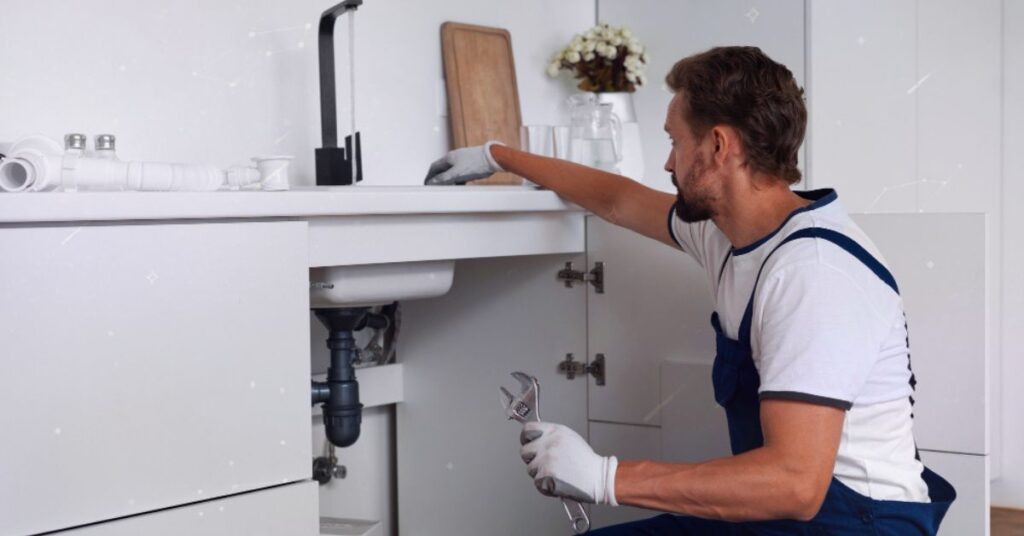Keeping our plumbing in good shape relies on having clean drains. Dealing with clogged drains can really mess up our daily routines. But don’t worry! Understanding why they happen and finding easy fixes can save you both time and money. In this post, we’ll take a look at the five main reasons drains get clogged and simple ways to get your pipes flowing smoothly again!
1. Hair Build-Up
Hair accumulation is a leading cause of clogged drains, especially in bathroom sinks and showers. Over time, strands of hair can intertwine, trapping other debris and creating blockages.
Prevention:
- Install drain screens or catchers to trap hair before it enters the drain.
- Regularly clean the screens to prevent buildup.
Fix:
- Use a drain snake or a hair removal tool to pull out trapped hair.
- Homemade mixtures like baking soda and vinegar can help dissolve hair clogs.
2. Grease and Oil Accumulation
Kitchen sinks often suffer from grease and oil buildup, leading to stubborn clogs. As grease cools, it solidifies, adhering to the pipe walls and trapping other debris.
Prevention:
- Avoid pouring grease down the drain; instead, collect it in a container and dispose of it properly.
- Use hot water and dish soap to break down grease residues regularly.
Fix:
- Try pouring boiling water down the drain to melt grease.
- Use a mixture of baking soda and vinegar followed by hot water to dissolve and flush away grease buildup.
3. Food Residue
Leftover food particles can accumulate in kitchen sink drains, causing blockages over time.
Prevention:
- Scrape food scraps into the trash before washing dishes.
- Use a sink strainer to catch food debris.
Fix:
- Plunge the drain or use a plumber’s snake to dislodge trapped food particles.
- Pour boiling water mixed with dish soap to clear the drain.
4. Soap Scum and Mineral Build-Up
In bathrooms, soap scum and mineral deposits from hard water can accumulate inside pipes, narrowing the passage for water flow.
Prevention:
- Use liquid soap instead of bar soap to reduce scum formation.
- Install a water softener to minimize mineral buildup.
Fix:
- Use commercial drain cleaners formulated for mineral deposits.
- Create a solution of baking soda and vinegar to dissolve scum and mineral deposits.
5. Foreign Objects
Objects like jewelry, toys, or sanitary products accidentally end up in drains, causing blockages.
Prevention:
- Keep small items away from sinks and tubs.
- Educate household members about proper disposal.
Fix:
- Use a plunger or plumbing snake to dislodge stuck objects.
- If unable to retrieve it, seek professional help to prevent damage to pipes.
Conclusion
By understanding these common causes of clogged drains and implementing preventive measures, you can maintain clear pipes and prevent unnecessary plumbing issues. Regular maintenance and prompt action upon noticing slow drainage can save you from expensive repairs down the line. Remember, when dealing with stubborn clogs, if DIY plumbing methods don’t work, seek professional assistance to avoid further damage to your plumbing system.




